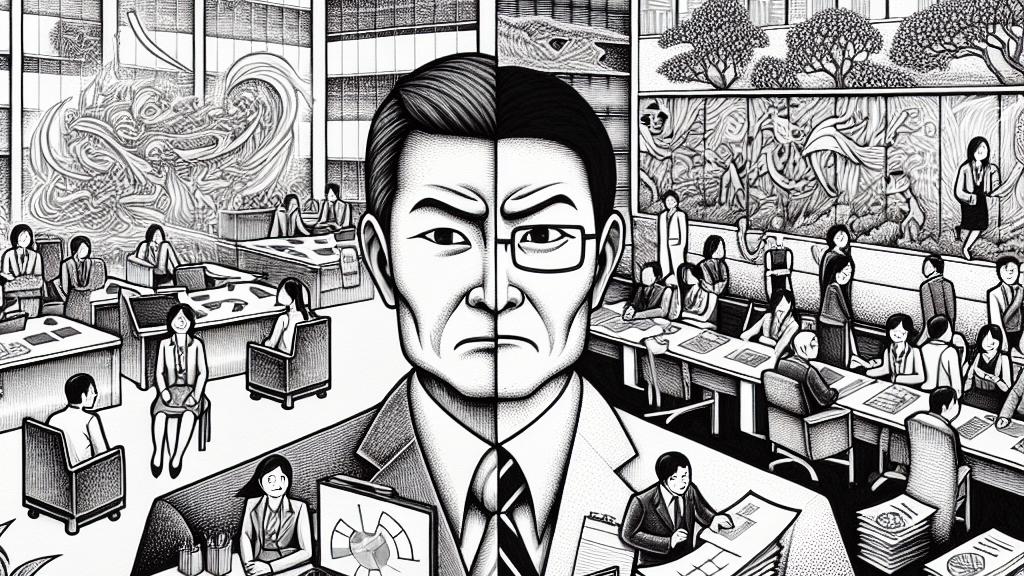Why are More Lawyers Hearing from Companies Wanting to Sue Ex-Employees?
Overview
- A troubling increase in lawsuits against former employees is raising eyebrows.
- Companies are misplacing blame on ex-employees for their operational troubles.
- This trend unearths a critical need for addressing toxic workplace cultures immediately.

Understanding the Rise of Lawsuits
In Japan, a startling trend has emerged where lawyers are inundated with requests from companies eager to sue their former employees. It's a harrowing scenario: imagine a manager believing that their company’s struggles are solely due to an ex-employee's departure. This thought process is not only irrational; it reflects a deeper issue within corporate cultures. Instead of taking responsibility for their workplace environment, these companies are casting blame. For instance, a marketing firm might find itself losing valuable talent to more supportive companies, yet instead of introspection, they choose litigation as their primary response. This raises an important question: what changes need to happen for businesses to prioritize employee well-being?
The Backlash Against Employees
It is disconcerting to witness how quickly some companies lash out at former workers when things go south. When an employee leaves, it often signifies that they could no longer endure a hostile work environment. For example, consider a scenario where a talented programmer quits their job due to a lack of support—rather than reflecting on what pushed this individual to leave, some companies may resort to lawsuits. This knee-jerk reaction fosters a toxic atmosphere that can silence current employees. The chilling thought that speaking up or quitting could lead to legal reprisals often leads to a culture of fear. What a detrimental impact that has! When organizations prioritize revenge over reflection, they deter their best talent from staying, fearing repercussions instead of feeling empowered.
The Toxic Culture Behind the Lawsuits
But why is this troubling trend occurring? At the heart lies a toxic culture that thrives on blame rather than improvement. Companies see lawsuits as a quick fix, escaping any inconvenient internal scrutiny. Think about this: instead of holding open discussions that could lead to constructive feedback, they turn to litigation as a tool. This may provide short-term relief but ignores the real issues at play. For instance, if a business loses several skilled employees in a row and instead of changing its working environment, it chooses to sue, it’s not just shooting itself in the foot; it’s setting itself up for failure. Such companies must ask themselves: how can we effectively foster a supportive culture that values employees rather than viewing them as expendable? The answer is clear—ignoring the root causes of employee dissatisfaction won't make this issue disappear.

Loading...